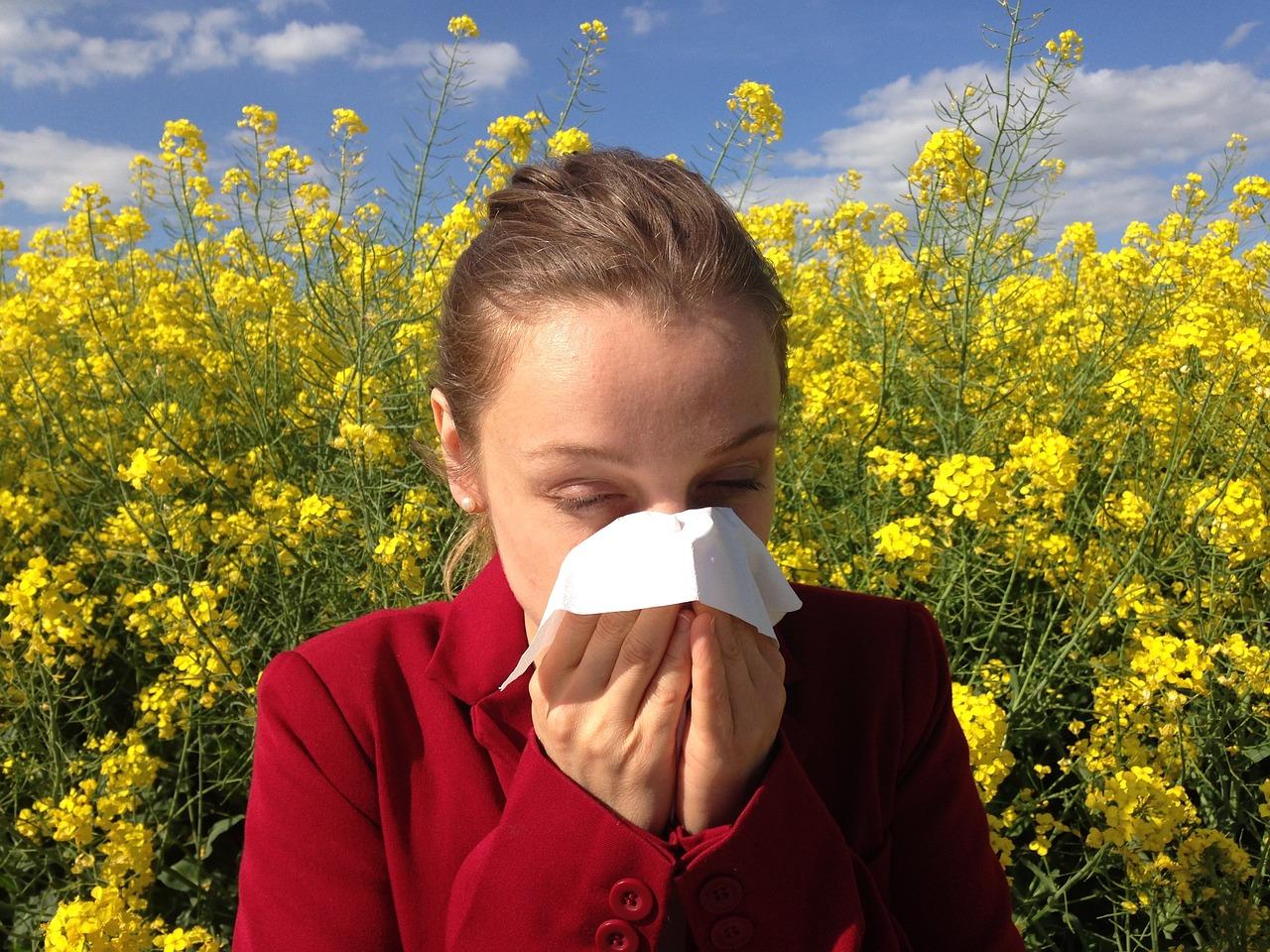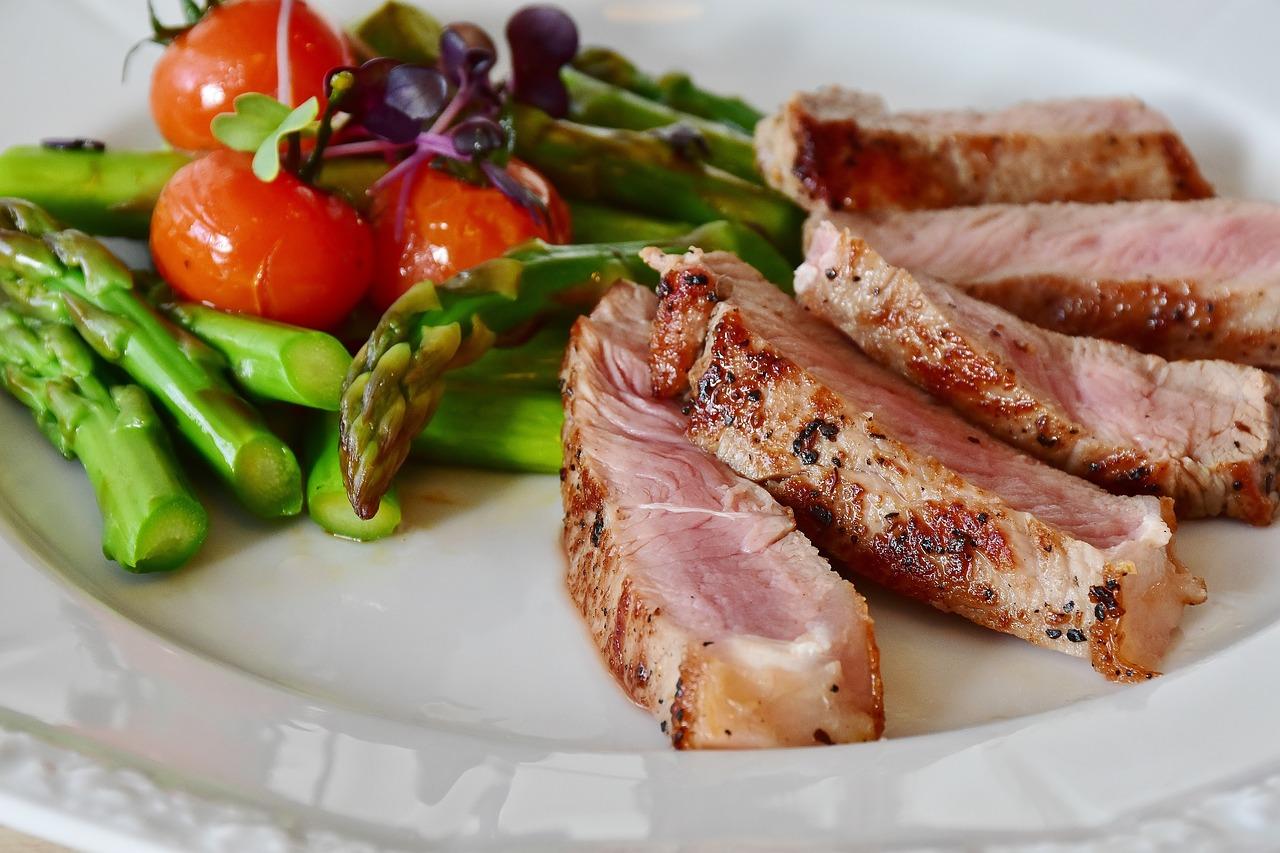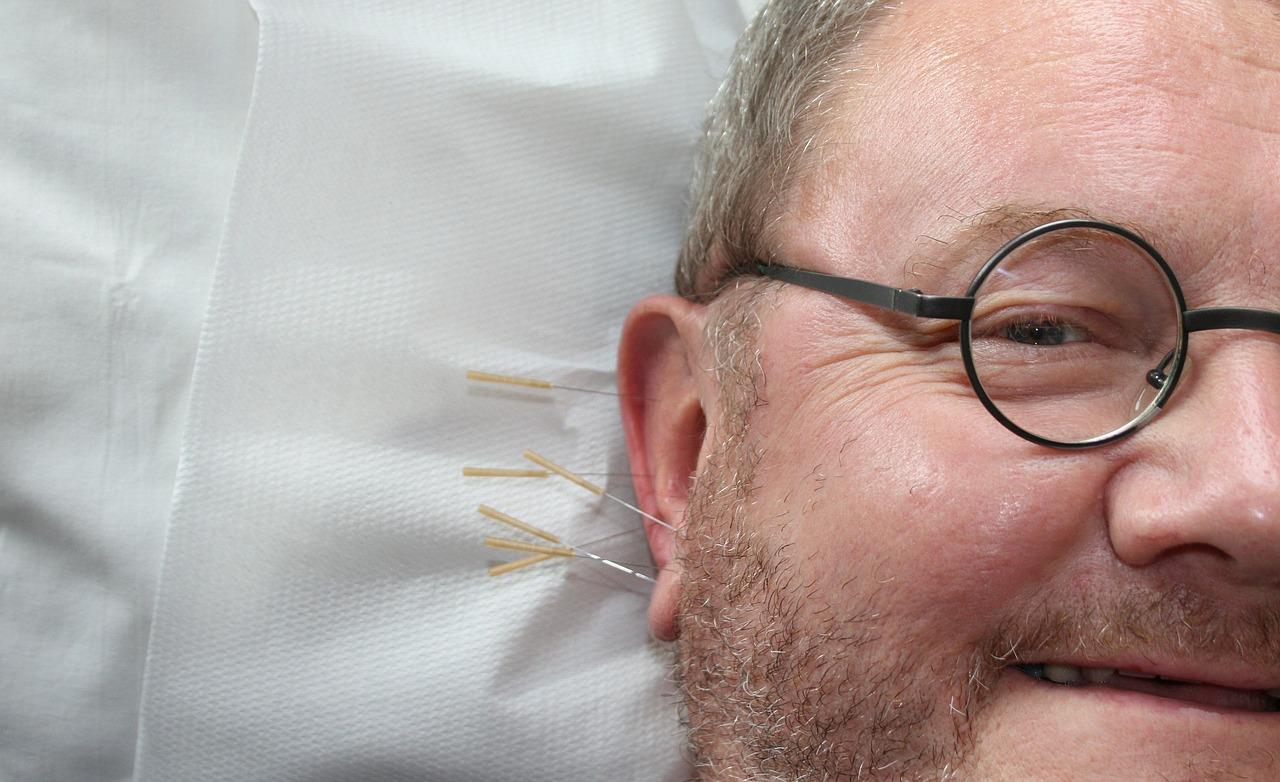
8 Ways to Relieve Spring Allergy Symptoms Without Medication
Many people in Ottawa who suffer from spring allergies automatically reach for medication to help relieve their symptoms.
It is true that an anti-histamine medication such as Benadryl will give you instant relief, but like any drug, they may have long-term adverse effects on your health.
In a study, published in JAMA Internal Medicine, researchers found evidence of a link between long-term use of antihistamine drugs like Benadryl and dementia.
As the snow is melting and spring is just around the corner here in Ottawa, I am sharing some of the natural alternatives I suggest to my clients that suffer from spring allergies, and some well-researched approaches that may be worth trying.
1. Dose Up On Probiotics
This idea is new for me.
Recently there has been a tremendous amount of research that shows our general wellbeing and the health of our gut bacteria are firmly linked.
The same can be said for allergies.
In a recent high-level study, researchers found that a combination of probiotics (Lactobacillus gasseri, Bifidobacterium bifidum, and Bifidobacterium longum) improved the symptoms of people who suffered from seasonal allergies.
The product that the researchers used is called Kyolic Kyo-Dophilus and is available for sale on Amazon.
2. Take These Nutritional Supplements
Seasonal allergy symptoms are associated with the release of histamine in the body. This fact is why anti-histamine medications help to relieve symptoms.
Instead of recommending anti-histamine drugs I suggest clients try supplements that help with the breakdown of histamine including Quercetin and Vitamin C.
Quercetin
Quercetin is my favourite supplement for reducing the symptoms of seasonal allergies.
In a Japanese study, quercetin significantly inhibited histamine release in subjects with seasonal allergies. From the same research paper, Quercetin's effect was almost twice that of sodium cromoglycate, a standard medication used to treat seasonal allergy symptoms.
I usually suggest supplementing with 500mg of Quercetin three times per day.
 Vitamin C
Vitamin C
Vitamin C is useful supplement taken alongside Quercetin.
In a study published in the Ear Nose and Throat Journal, vitamin C nasal spray was found to decrease symptoms in 74% of patients with seasonal allergies.
My recommended dosage of vitamin C is 1000 mg, three times daily, five to ten minutes before meals.
3. Consider These Herbal Remedies
I have no clinical experience using theses herbals, but the evidence suggests that are worth trying.
Butterbur
Butterbur (Petasites hybridus) is a perennial plant found in Europe, Asia and parts of North America.
A study published in the British Medical Journal concluded that Butterbur should be considered for treating seasonal allergies.
The recommended dose of Butterbur is 8mg, four times daily.
Urtica Dioica (Stinging Nettle)
A randomised, double-blind study using 300 mg freeze-dried Urtica in the treatment of seasonal allergies found that of 69 patients 58 percent rated it useful in relieving their symptoms and 48 percent found it to be equally or more effective than their previous medication.
A dose of 300 mg/day of freeze-dried Urtica dioica is recommended for the treatment of allergic rhinitis, as per the above study.

4. Clean Up Your Diet
No big surprises here.
You are what you eat. So if you eat a poor diet composed of highly processed foods your body is going to complain by giving you unpleasant symptoms including seasonal allergies.
Eating a healthier diet has been shown to reduce the symptoms of breathing-related problems.
In a study published in the Journal of Asthma, the researchers that a Mediterranean-style diet improved the breathing of people living with asthma.
From my clinical observations, I have seen seasonal allergies disappear when I have advised clients to follow a gluten and dairy free diet.
5. Limit High Histamine Foods
As I have already stated above, seasonal allergies are associated with higher levels of histamine in the body.
The higher the levels of histamine in your body. The more severe your allergy symptoms will be.
Certain foods are naturally high in histamine. So, if you eat a large quantity of these foods, this will increase your body's histamine load.
Foods high in histamine include left-over or processed meats, fermented foods, tomatoes, avocados and spinach, to name a few.
I suggest trying to limit high histamine foods from your diet for two weeks to see if that reduced your symptoms.
 6. Try Acupuncture
6. Try Acupuncture
According to Emilly Dunn, who is the acupuncturist I work alongside at Ottawa Holistic Wellness, she has helped many people with seasonal allergies.
I love acupuncture and recommend it regularly for all sorts of health conditions.
There is also scientific research that shows acupuncture can help.
In a study published in 2008, researchers concluded that:
"The results of this trial suggest that treating patients with allergic rhinitis in routine care with additional acupuncture leads to clinically relevant and persistent benefits."
7. Try Natural Allergy Therapy
Natural Allergy Therapy (NAT) uses a system of acupressure that reconditions your bodies immune and nervous system so that it does not react to allergens. NAT is based on a technique
The evidence that NAT or even NAET helps with seasonal allergies is only anecdotal, i.e. you will have to take my word for it!
However, two case study papers report that NAET was efficacious in the treatment of peanut and food allergies.
Now I’d like to hear from you. Do you suffer from Spring Seasonal Allergies? Have you tried any of the above suggestions? What other techniques have you tried and had they worked? Let me know in the comments below.













